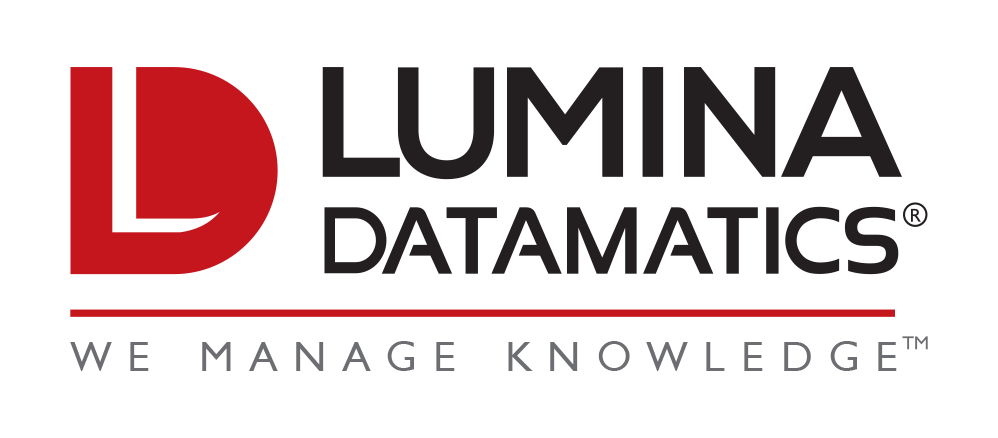In a recent blog, I laid out how Project Managers work with their various counterparts to ensure consistent project success. Today, I want to focus a bit on those attributes that make for an effective and successful Project Manager, particularly one operating within the educational publishing industry. The hope is that it will be of use to those of you interested in a career in project management – or as a helpful reminder to those of you already working in this rewarding field.
- Superior Communication Skills
Some things go without saying, but this is a point that bears calling out. Put simply, top-notch communication is the most important skill of an effective PM. Every project – big or small – begins with an initial assignment to the PM. It’s then the PM’s job to begin the communication chain.
At the outset of a project, an effective PM asks the right questions, makes the proper requests, and confirms their understanding of scope and deadlines. At that point, the PM begins communicating with other stakeholders (Subject Matter Experts; various offshore team members working in production, art and design, etc.; the client’s teams; etc.) to ensure that everything has kicked off and is on the right track.
For the duration of the project, an effective PM is in constant contact with the various stakeholders to ensure deliveries are on time and of expected quality, details any hang ups or issues, conveys scope creep to the client, and much more. Keeping the various lines of communication wide open is absolutely vital, and can often serve to alert a PM to a potential problem before it derails the project as a whole.
A word to the wise: As a PM, don’t be afraid to pick up the phone. In an age where so much work is done over email and Slack, a good ol’ fashioned conversation by phone can go a long way toward establishing rapport, getting answers to high-priority questions, and receiving clarity on issues that may be overlooked or misunderstood due to electronic communication.
- Exceptionally Organized
In order to effectively and efficiently shepherd a project from start to finish, a successful PM must always be aware of—and properly organize—the various puzzle pieces that make up a project. Again, this begins with proper communication and understanding the different facets, content, files, etc. that comprise any project—large or small.
Confidence in your organizational style and system will help inform questions and requests of stakeholders. Knowing where everything is—and what you do have—will make it much easier to understand and realize what you don’t, clueing you into what you may (read: probably) need. Issues that arise may often be remedied via a message received at the project’s outset, in a guidelines document, or something else you may already have in hand. Having quick and easy access to the various pieces you need will help alleviate stress and solve that puzzle in a quicker fashion.
A word to the wise: Good news! There’s no single method or strategy that makes a PM “properly” organized. Everyone has their own style when it comes to setting up their email, project folders, schedules, trackers, and more. Find a style that works for you and adjust as needed as you move forward.
- Problem Solver Extraordinaire
A highly effective and trustworthy PM has excellent problem-solving skills. Not to be cliché, but much like many things in life, projects don’t always go as we might have hoped or expected on Day 1. When issues arise it’s often easy to get caught in an endless email loop without any real resolutions.
Whether they’re aware of it in the moment or not, good PMs follow a process. The first step is to accurately diagnose the problem. “What is happening?”
Then, they start thinking about how to fix it.
- “What is needed in order to move forward?”
- “Does everyone on the project team have everything they need to get their piece of the job done?”
- “Is there anything we’ve overlooked?”
This is just a start when it comes to questions a PM can ask themselves when problems bubble up.
After diagnosing the problem, it’s imperative to keep the aforementioned attributes in mind, as they’ll certainly be a large part of the path forward. Make sure you’re communicating with the proper folks and be certain you have everything you need to answer questions that may arise as you work toward a solution. If you find that you don’t have everything in place, put immediate plans in action to get it.
A word to the wise: A great PM never assumes they can solve every problem immediately. Be mindful of timelines and schedules, but also be sure you’re truly getting the materials and information you need to move forward successfully. Also, be respectful of other people’s time and workloads. Allow for sufficient response time (typically 24-48 hours) and tactfully follow up on an as-needed basis.
- Strong Attention to ALL the Details
A successful PM is typically measured by their ability to complete projects on time, within scope, and within the specified budget. None of this matters though, if the final product is itself subpar. Now, no one expects a PM to be an expert copyeditor or proofreader, but taking the time to properly review content with a critical eye is crucial. You may notice that a guideline wasn’t followed, there was a stray apostrophe, or numbering wasn’t sequential; no matter what the error/issue was, always take a few extra moments to ensure deliverables are as clean as possible before hitting “Send.” Note that this applies to multiple phases of most projects.
A word to the wise: A successful PM should not be afraid to ask for extra time when they need it. In my experience, clients would almost always rather receive a deliverable a day late as opposed to receive something that is not of expected/high quality just for the sake of hitting a deadline. If you’ve run out of time in the day, you’ve got other urgent matters to attend to, or it came to you for review later than expected—take that extra time, communicate to the client why you need the extra time, and make sure you feel 100% confident about sending that deliverable when you do send it the next day. (As already noted, open, honest, and regular communication is critical!) Again, the level to which this extra, yet minimal, effort will help you further establish rapport and trust cannot be overstated.
- Willingness to Learn and Adapt to New Technologies
Despite the fact that technology pervades our everyday lives, not everyone is always comfortable using the myriad technologies typically required to be a successful PM in the educational publishing industry. If you feel that way—worry not, you are not alone! I myself sometimes feel overwhelmed by the various software, platforms, portals, installs, etc. that are required from the various publishers we work alongside.
Always remember, all your fellow PMs had a similar starting point; so, if you don’t “get it” immediately, don’t sweat it. There are loads of YouTube tutorials available for just about anything you can think of. Also, simply logging into a new software or portal and tinkering around whenever you have 5-10 minutes to spare will help you get comfortable with new-to-you technology. Being flexible, adaptable, and most importantly, trainable when it comes to learning new systems and their corresponding functionalities will assist you in becoming that superlative PM everyone requests for their high-priority projects.
A word to the wise: Different technologies/platforms/portals/etc. are unquestionably here to stay—and more are on the way, I’m sure. Do your best to acclimate yourself, don’t be afraid to ask questions or for training/other assistance, and keep plugging away. You’ll get where you need to in due time—I promise.
Does this sound like you? If so, you might make for a wonderful addition to our team! We’re always search for amazing US-based Project Managers, so please feel free to email our team to learn more about the role of Lumina project managers, or you can visit our website to learn more about Lumina Datamatics as a whole. Thanks for reading!





0 Comments